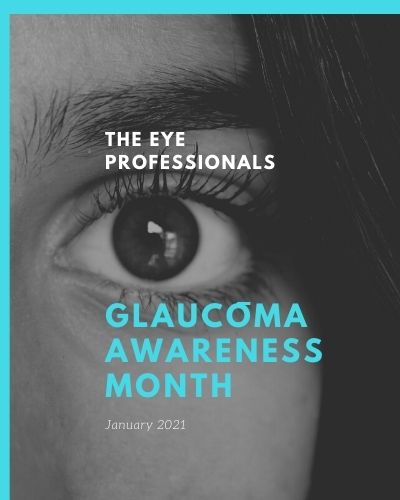January 2021 | Glaucoma Awareness


Each January is National Glaucoma Awareness (2021) month.
Glaucoma is a group of eye diseases that damage the optic nerve—the bundle of nerve fibers that are the “communication cable” between the eyes and the brain. The optic nerve transfers visual impulses from the retina to the visual centers of the brain. It is part of the central nervous system.
Glaucoma is one of the most common diseases of the optic nerve and National Glaucoma Awareness Month (2021) is a reminder to everyone to have regular eye exams.
It is a leading cause of blindness, but is preventable with early detection.
Once the optic nerve has been damaged it will not recover function, so regular eye exams that detect glaucoma before it damages the optic nerve can save sight.
Many forms of glaucoma don’t have warning signs and the vision loss can be so gradual that it might not be noticed until it has reached an advanced stage. If some sight is lost to glaucoma it can’t be recovered, but the continued damage to the optic nerve can be stopped with treatment.
Glaucoma types
- Open–angle glaucoma, which causes peripheral eyesight to slowly diminish.
- Closed-angle glaucoma, in which pressure on the iris interferes with fluid draining,
- Low–tension glaucoma, which occurs without elevated pressure on the eye
According to the NIH’s National Eye Institute, half the people who have glaucoma don’t know they have it and having a comprehensive dilated eye exam is the only way to detect glaucoma. A dilated eye exam allows an eye care professional to widen the pupil enough to thoroughly examine the health of the optic nerve.
Anyone can get glaucoma, but those at higher risk include:
- African Americans over age 40
- Everyone over age 60, especially Hispanics/Latinos
- People with a family history of the disease
Treatments for glaucoma
Glaucoma is treated by lowering eye pressure and there are several options which include prescription eye drops, oral medications, laser treatment, surgery, or a combination of any of these.
Call us to make an appointment to assess your risk of glaucoma. Share this article with your friends and family.
